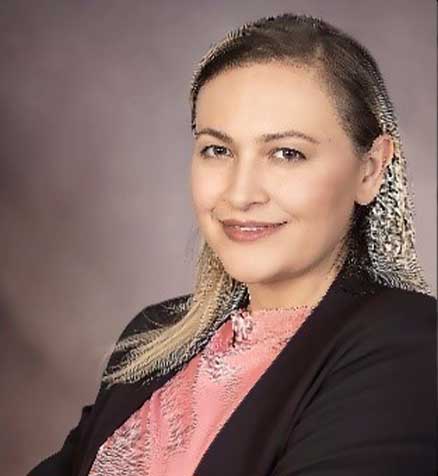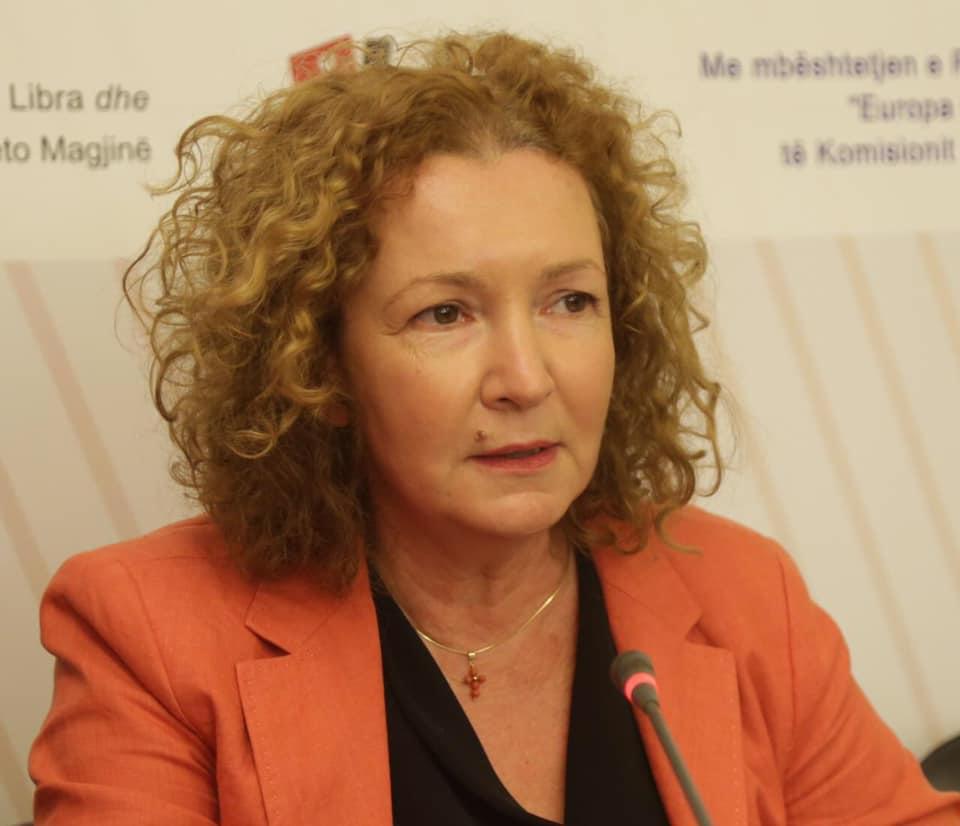Bosnian National Minority
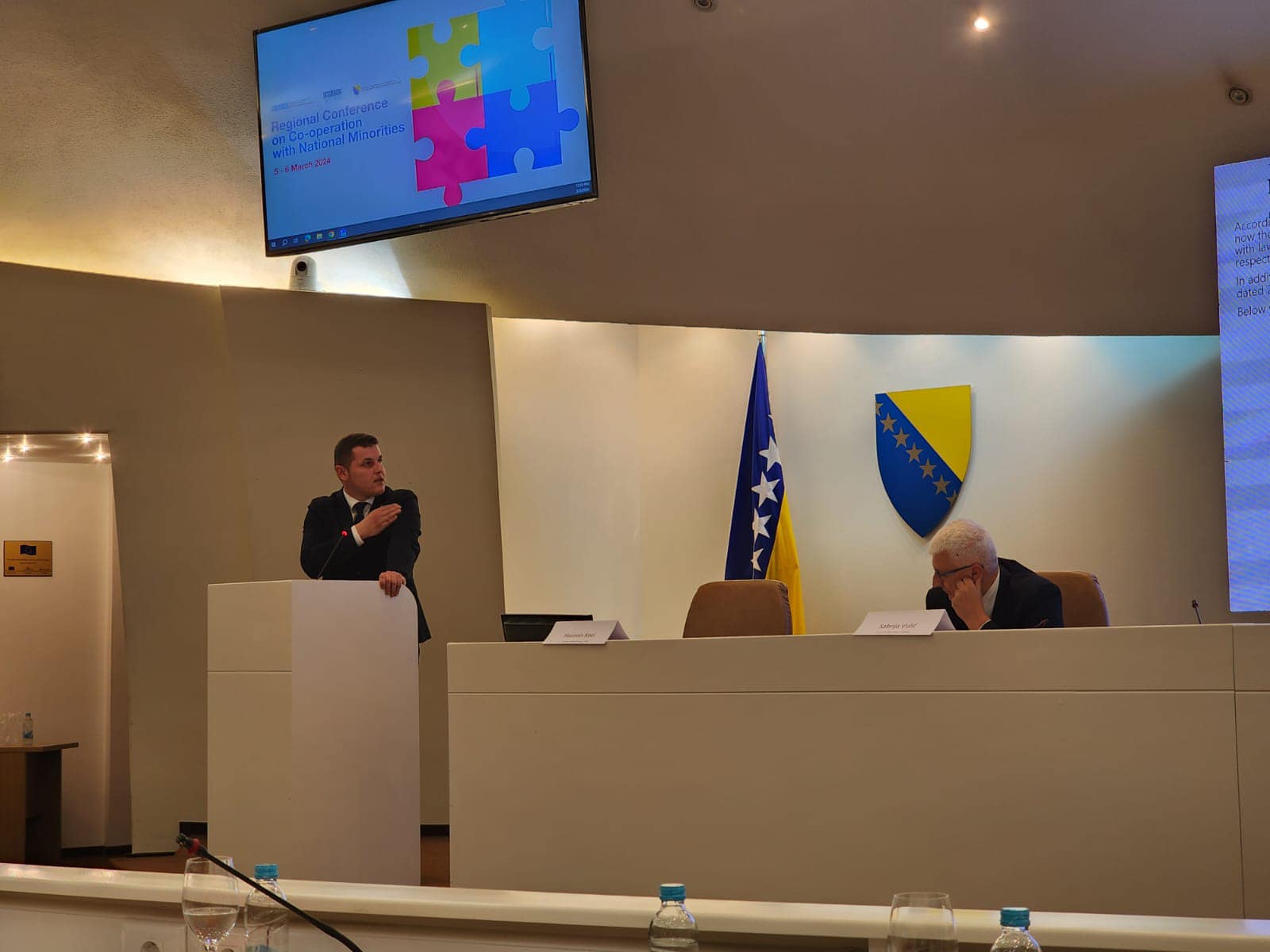
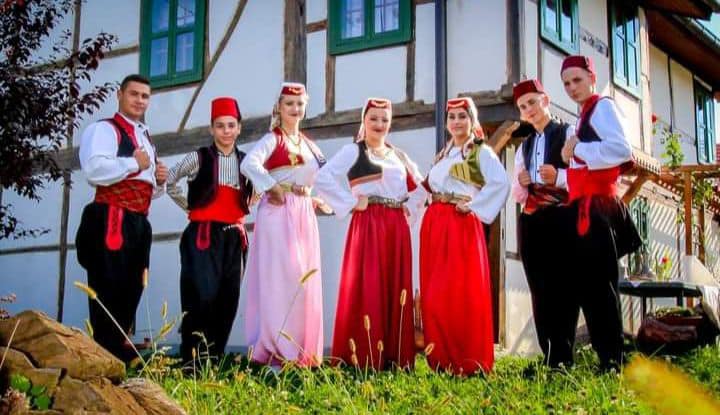
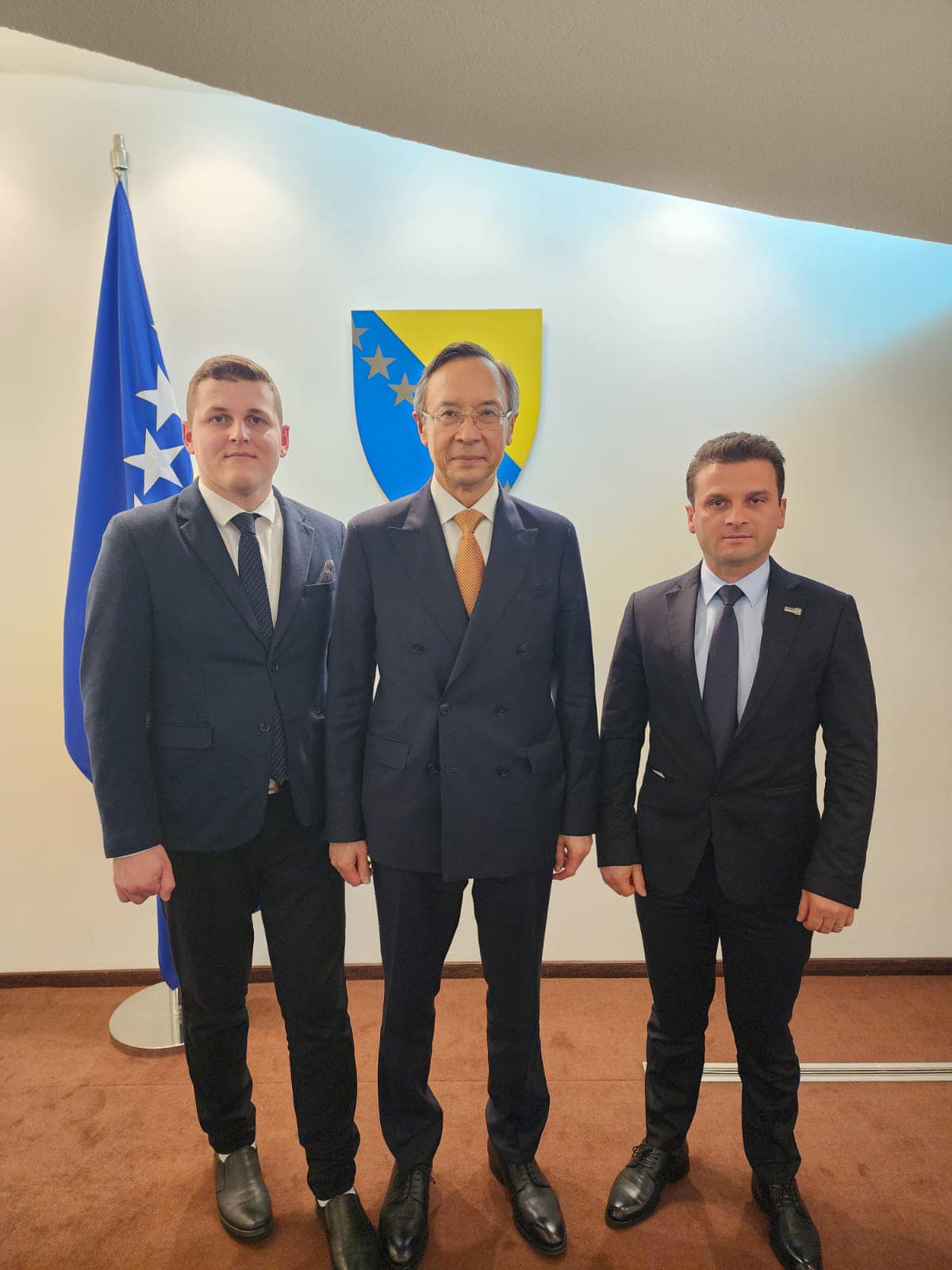
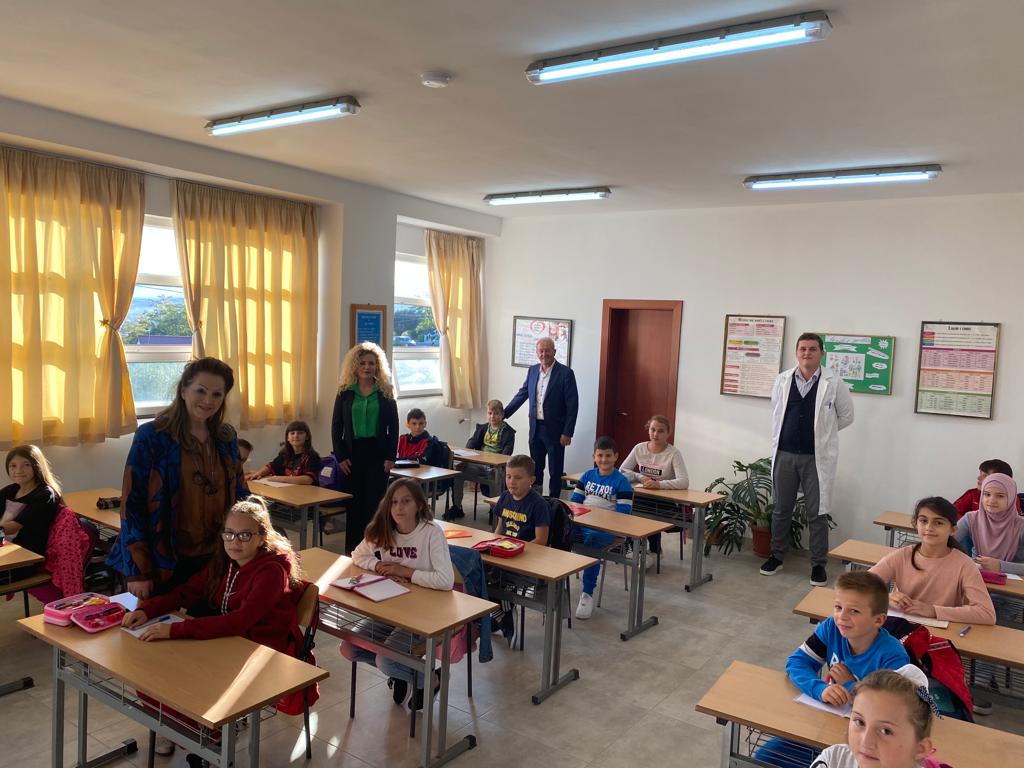
Bosnians have lived in Albania ever since
since 1865. The homeland of this community is Bosnia and Herzegovina, located in the Balkan Peninsula in the southeastern part of the European continent. Bosniaks are one of the three minorities in Albania that gained national minority status in October 2017.
In 1865, hundreds of Bosnian families from Počitelj, Ljubuški, Gacko, Nevesinje, Blagaj, Domanovići, Stolac, Čapljina (areas around the city of Mostar), and others, after selling their properties, boarded a ship in the city of Dubrovnik, heading towards Istanbul in search of a better life. Due to a defect, the ship anchored at the port of Durrës. It is said that there they met an officer who told them they didn’t need to go all the way to Istanbul. This fact encouraged the Bosnians to stop there, convinced by the fact that they were in a place with similar faith and traditions as their homeland.
Where They Are Concentrated
They found it very easy to settle in Albania. The areas where they settled were uninhabited by locals. They bought all the habitable land with gold Napoleons that they had earned from selling their properties in Bosnia.
The Bosnian National Minority has continued to preserve its identifying features through interaction with individuals who share the same ethnic origin. The Bosnian minority in Albania is settled in three villages: Stari Borak, Borak, and Koxhas, which border one another in the city of Shijak. There are also Bosnians in the villages of Hamil and Libofshë, and in the cities of Shijak, Tirana, Durrës, Elbasan, Fier, Shkodër, Lushnje, and others.
Years In Albania
Members of the community say that during the communist regime they did not face problems. They say they used to listen to the radio from their homeland, and there was no censorship regarding their origin. The Bosniaks have managed to preserve a language that has been passed down to future generations through communication practices up to the present day.
One of the key "institutions" that has fostered the cultivation of the language over the years is the family itself. Since their settlement in Albania in 1865, the Bosnian National Minority has communicated among themselves in their mother tongue. Bosnian families function as a genuine "institution" in this regard. Within the walls of a Bosnian household, only Bosnian is spoken, and if we continue to speak in institutional terms, it could even be considered a "official language" within that context.
Integration in Albania
One form of integration for the Bosnian minority in Albania has been through education. Throughout their time in Albania, the community did not give up on efforts to introduce their minority language in schools. These efforts were realized between 2006 and 2008, when, through a private initiative by the Chairman of the Bosnian Association of Albania “ZAMBAK,” Mr. Fiqiri Kllari, Bosnian language lessons began at the school in the village of Borak.
With the acquisition of national minority status in October 2017, Bosniaks were guaranteed the right to education in their own language, marking a new phase in their life in Albania. This shift from integration into the majority's educational system creates a special space to strengthen a key feature of their identity — their language.
Bosnian Culture in Albania
The culture of the Bosnians in Albania reveals a “mosaic” shaped between traditions inherited from their ancestors and coexistence with the locals. Bosnian weddings were and still are conducted quite differently from those of the Albanian majority. The weddings begin precisely with the dance “Trepetlika, Trepetala puna bisera.” A characteristic Bosnian dance played at every wedding is exactly
“The quadrille dance.” Bosnians are also distinguished by their rich and unique cuisine. The Bosnians of Albania are likewise known for their very rich ethnographic culture, including their characteristic traditional clothing, which has been preserved to this day.
Contributions
Members of the Bosnian community in Albania stand out as skilled farmers and herders, bringing the cultivation of several agricultural crops to the country. Bosnians have also been recognized as highly skilled artisans in various trades such as construction, leatherworking, metalworking, and more. Even today, this community remains a significant contributor to the economic development of the Durrës area and beyond.
This community has produced many prominent figures who have contributed significantly to the development of education, culture, and sports in Albania.
Minorities
Natioetare
Boshnjake
Bosnians have lived in Albania ever since
since 1865. The homeland of this community is Bosnia and Herzegovina, located in the Balkan Peninsula in the southeastern part of the European continent. Bosniaks are one of the three minorities in Albania that gained national minority status in October 2017.
In 1865, hundreds of Bosnian families from Počitelj, Ljubuški, Gacko, Nevesinje, Blagaj, Domanovići, Stolac, Čapljina (areas around the city of Mostar), and others, after selling their properties, boarded a ship in the city of Dubrovnik, heading towards Istanbul in search of a better life. Due to a defect, the ship anchored at the port of Durrës. It is said that there they met an officer who told them they didn’t need to go all the way to Istanbul. This fact encouraged the Bosnians to stop there, convinced by the fact that they were in a place with similar faith and traditions as their homeland.
Where They Are Concentrated
They found it very easy to settle in Albania. The areas where they settled were uninhabited by locals. They bought all the habitable land with gold Napoleons that they had earned from selling their properties in Bosnia.
The Bosniak community has continued to preserve their distinctive identity through interaction with people who share their ethnic origin. The Bosniak minority in Albania is concentrated in three villages—Stari Borak, Borak, and Koxhas—which are adjacent to each other in the city of Shijak. There are also Bosniak populations in the villages of Hamil and Libofshë, as well as in the cities of Shijak, Tirana, Durrës, Elbasan, Fier, Shkodër, Lushnje, and others.
Years In Albania
They found it very easy to settle in Albania. The areas where they settled were uninhabited by locals. They bought all the habitable land with gold Napoleons that they had earned from selling their properties in Bosnia.
The Bosnian National Minority has continued to preserve its identifying features through interaction with individuals who share the same ethnic origin. The Bosnian minority in Albania is settled in three villages: Stari Borak, Borak, and Koxhas, which border one another in the city of Shijak. There are also Bosnians in the villages of Hamil and Libofshë, and in the cities of Shijak, Tirana, Durrës, Elbasan, Fier, Shkodër, Lushnje, and others.
Integration in Albania
One form of integration for the Bosnian minority in Albania has been through education. Throughout their time in Albania, the community did not give up on efforts to introduce their minority language in schools. These efforts were realized between 2006 and 2008, when, through a private initiative by the Chairman of the Bosnian Association of Albania “ZAMBAK,” Mr. Fiqiri Kllari, Bosnian language lessons began at the school in the village of Borak.
With the acquisition of national minority status in October 2017, Bosniaks were guaranteed the right to education in their own language, marking a new phase in their life in Albania. This shift from integration into the majority's educational system creates a special space to strengthen a key feature of their identity — their language.
Bosnian Culture in Albania
The culture of the Bosnians in Albania reveals a “mosaic” shaped between traditions inherited from their ancestors and coexistence with the locals. Bosnian weddings were and still are conducted quite differently from those of the Albanian majority. The weddings begin precisely with the dance “Trepetlika, Trepetala puna bisera.” A characteristic Bosnian dance played at every wedding is exactly
“The quadrille dance.” Bosnians are also distinguished by their rich and unique cuisine. The Bosnians of Albania are likewise known for their very rich ethnographic culture, including their characteristic traditional clothing, which has been preserved to this day.
Contributions
Members of the Bosnian community in Albania stand out as skilled farmers and herders, bringing the cultivation of several agricultural crops to the country. Bosnians have also been recognized as highly skilled artisans in various trades such as construction, leatherworking, metalworking, and more. Even today, this community remains a significant contributor to the economic development of the Durrës area and beyond.
This community has produced many prominent figures who have contributed significantly to the development of education, culture, and sports in Albania.









